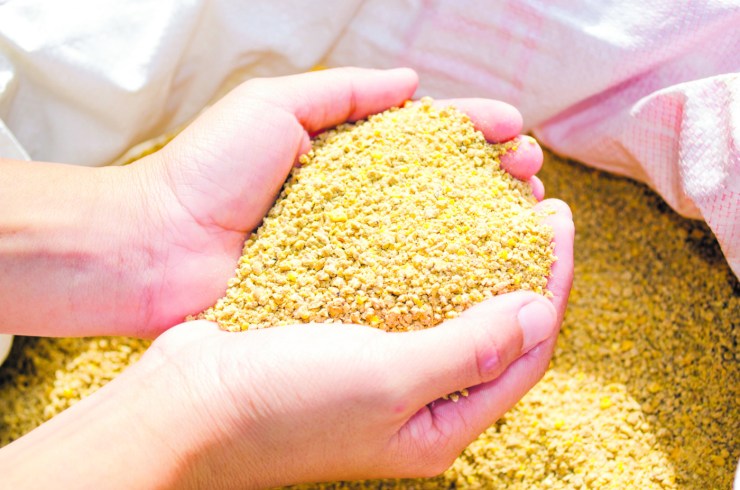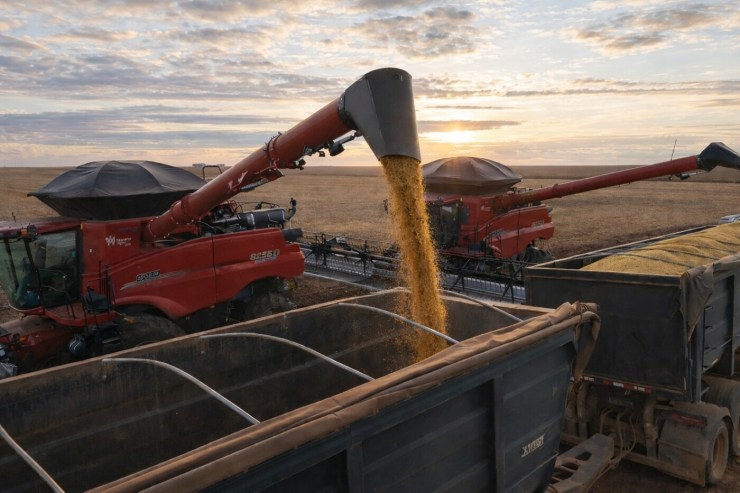A scientific article developed in partnership between Cepea (Center for Advanced Studies in Applied Economics), at Esalq/USP, and Abiove (Brazilian Association of Vegetable Oil Industries) was presented this Thursday, 28, by researcher Nicole Rennó at the 64th Congress of the European Regional Science Association (ERSA), in Athens, Greece.
The study highlights some aspects of how biodiesel policies have been transforming the dynamics of the soybean and biodiesel supply chain in Brazil. Among the main findings presented by the Cepea researcher are:
Biodiesel policies have changed the way markets work: Domestic oil consumption, previously primarily reactive to price movements, has become a determining factor in the chain's dynamics—possibly reflecting its nearly inelastic demand due to blending mandates. At the same time, meal prices have lost their importance as shock transmitters, reflecting a shift in the relative importance of coproducts for the industry, in favor of oil.

Photo: Shutterstock
Biodiesel-related crush expansion: Increases in oil prices almost always result in increased soybean processing—even though these increases are generally accompanied by declines in meal prices. The net effect on crushing depends, therefore, on the severity of this decline in meal prices. This shows that sustainable expansion of the biodiesel industry also requires consistent demand for meal—whether through strengthening the domestic livestock industry or through the expansion of new foreign markets.
Crushing and bran prices: Unexpected increases in crushing almost always result in falls in meal prices. The magnitude of the decline, however, varies significantly over time.
The role of the domestic market: Meal prices react more to variations in domestic consumption than to exports, and, at the same time, domestic consumption of meal is more sensitive to price variations than exports. This reinforces that both the Brazilian livestock sector and export markets are key to soybean processing and, indirectly, to the biodiesel industry.
Cepea researcher Nicole Rennó, responsible for presenting the study at the conference, said that "this was an excellent opportunity to show how the Brazilian experience in the soybean and biodiesel chain can enrich the international debate on energy and agribusiness and engage with researchers from different countries."
For Daniel Furlan Amaral, Director of Economics and Regulatory Affairs at Abiove, the research reinforces the strategic relevance of biodiesel. "This study helps us better understand how the biodiesel industry has established itself as an essential part of the protein supply chain in Brazil with the increased supply of soybean meal, a key ingredient in feed. This knowledge is crucial for guiding public policy and investment decisions in the sector," Amaral states.





